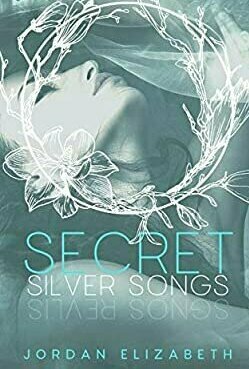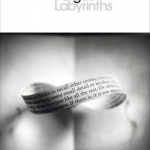
Labyrinths: Selected Stories and Other Writings
Jorge Luis Borges, Donald A. Yates, James East Irby and Andre Maurois
Book
Jorge Luis Borges's Labyrinths is a collection of short stories and essays showcasing one of Latin...
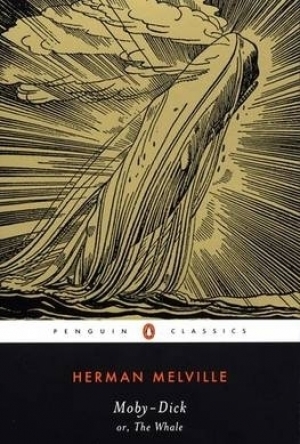
Moby-Dick: or, the Whale: Or, the Whale
Herman Melville, Tom Quirk and Andrew Delbanco
Book
The original 'Great American Novel', Herman Melville's Moby-Dick is a masterful study of obsession....

The Doctor Dissected: A Cultural Autopsy of the Burke and Hare Murders
Book
A series of bizarre disappearances filled the citizens of early nineteenth-century Scotland with...
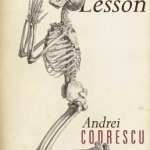
The Poetry Lesson
Book
"Intro to Poetry Writing is always like this: a long labor, a breech birth, or, obversely, mining in...
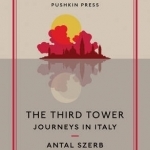
The Third Tower: Journeys in Italy
David Pearson, Antal Szerb and Len Rix
Book
A typically brilliant, ironic and moving travelogue by one of the twentieth century's greatest...
Trauma and Transformation in African Literature: Writing Wrongs
Book
This book fills a gap in the field of contemporary trauma studies by interrogating the relevance of...

Space Cadet
Book
"They say heroes are born, not made. That isn't the case with BYRON DURAND. For him, it was a little...
Re-Thinking Economics: Exploring the Work of Pierre Bourdieu
Asimina Christoforou and Michael Laine
Book
Once again, unfettered capitalism has failed. Promises for global prosperity and peace have given...
Hazel (1853 KP) rated Secret Silver Songs in Books
Jun 28, 2020
Protagonist, Jemilla, is the daughter of the city's Singer - a man who can protect the city through the power of song. Life on the island is calm and peaceful; there is no crime, there is no danger, there is no fighting; so, no one was prepared for an invasion of blood-drinking Thistly. When her father is killed along with the majority of the population, there is no one left to save the island. Only men could become Singers, or so they claimed, but Jemilla is hiding a secret - she can Sing too.
At the beginning of the novel, Jemilla comes across as an anxious teenager, having been plagued by an overactive imagination for most of her life. Yet, as the story goes on, her frightening thoughts appear to be not as imaginary as she originally believed. A silver woman that no one but Jamilla can see taunts her daily and seems to want Jemilla to fail in her quest to save the island from the Thistly. Mid-story, however, alliances appear to change and Jemilla must figure out which team the silver woman is playing for and discover the truth about her home island.
From the very first chapter, Jordan Elizabeth captures the reader's attention with fast-paced action that never stills until the Epilogue. Taking aspects of history, such as rules for women written by men, the author subliminally advocates for women's rights. Secret Silver Songs demonstrates that enemies can be beaten but also that your true enemy may not be who you expect. Above all, never underestimate the power of song.
Hazel (2934 KP) rated Secrets of a Serial Killer in Books
Jul 5, 2020
Told from multiple points of view, this is a pretty fast moving book, once the usual introductions to the various characters has been completed, and what a great cast of characters the author has created here. The author is also clearly adept at describing the eerie setting and at creating atmosphere ... I was transported to the old hospital, the derelict caravan and the woods surrounding them. The tension and fear in each of the characters is really well told and builds and builds throughout until the gripping and nail-biting conclusion.
Although I enjoyed this book, I do have a few issues that prevent this from being a 5 star read - there was next to nothing regarding the Police input or investigation and they came across as being inept and pretty useless, particularly at the end but I won't go into it here as it would be a spoiler but you will see what I mean when you read it. Also, the blog posts inserted at various points didn't really do anything for me or add to the story that much and I wonder if they were put there as a red-herring?
Despite the niggling issues, this is a creditable and decent debut and even though there are a few unanswered questions, in addition to the cliff-hanger, they are either left to the imagination of the reader or are going to be resolved in another instalment? If so, I would definitely read it.
My thanks go to HarperCollinsUK and One More Chapter via NetGalley for my advance copy in return for an unbiased and unedited review.

